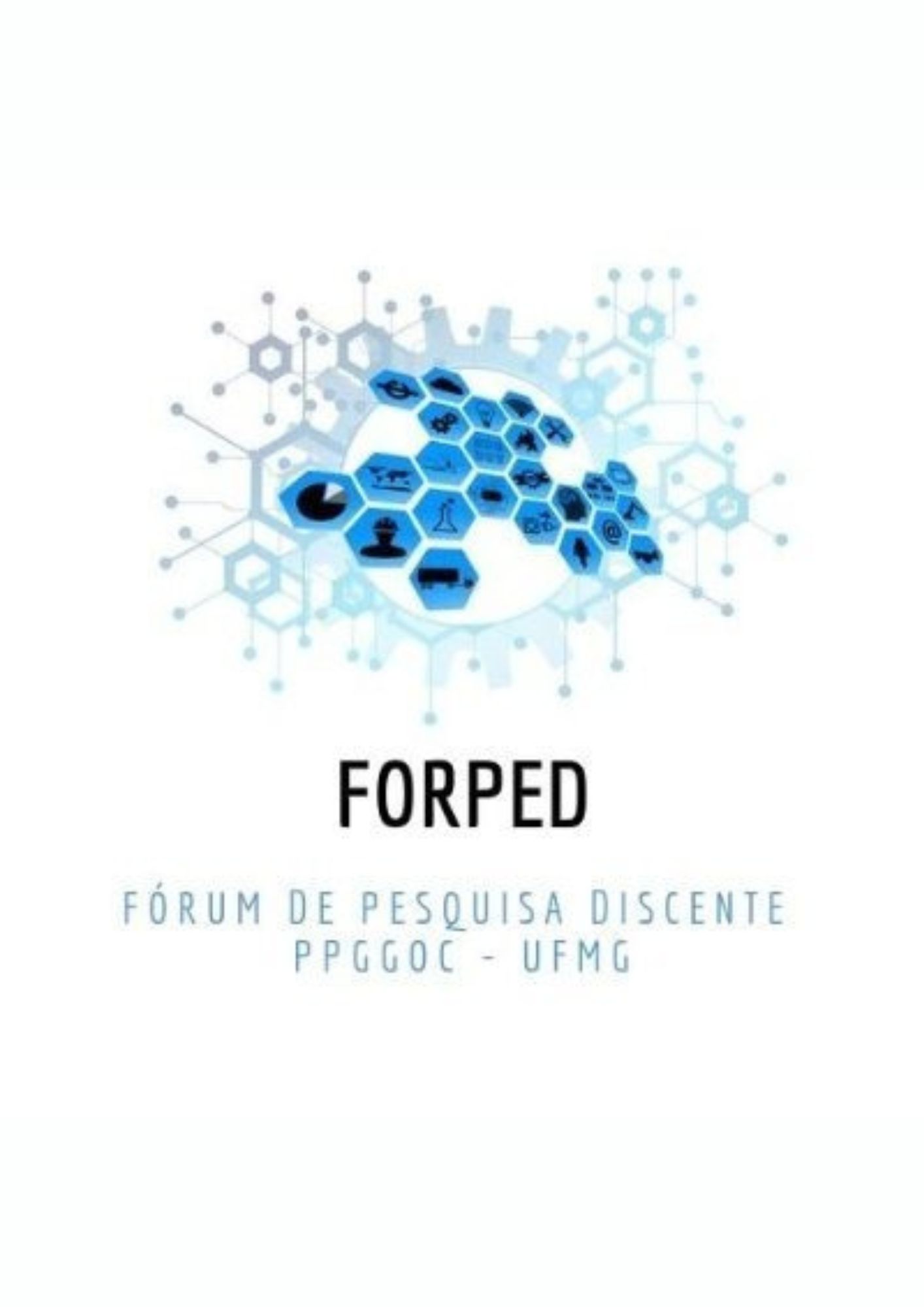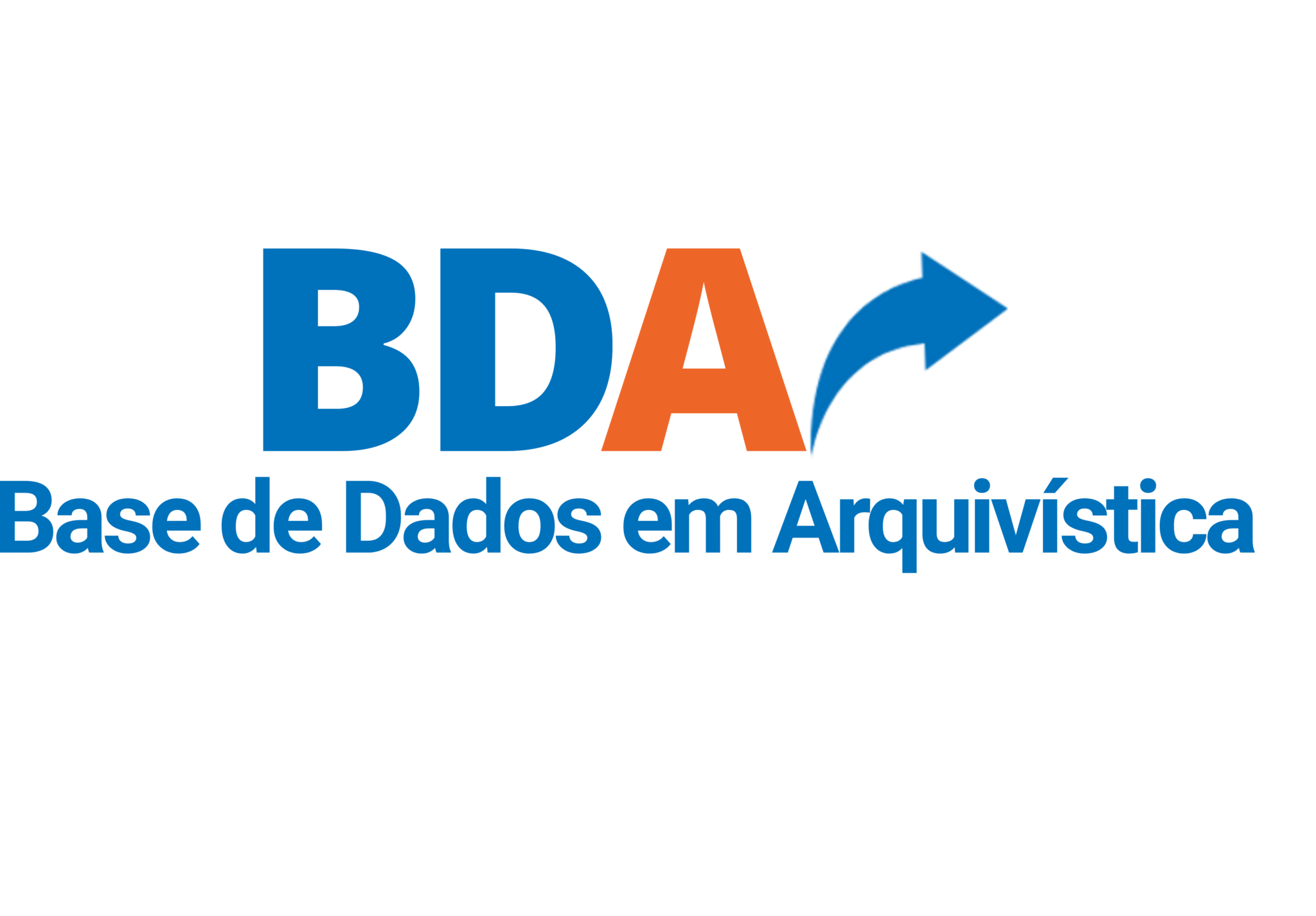Knowledge Organization System for the knowledge domain of geosciences
in search of categories for Mineral Research
DOI:
https://doi.org/10.35699/2237-6658.2021.37070Keywords:
Knowledge Organization System, Categories, Mineral ResearchAbstract
This work seeks subsidies for the Knowledge Organization in the field of Mineral Research. Natural language has phenomena such as synonymy, homonymy or, in the Brazilian context, regionalism that generate semantic ambiguity. Searching in an Information Retrieval System requires the use of language, this linguistic practice can be used in many ways and in various contexts, therefore, Knowledge Organization Systems - SOCs acts as auxiliaries in this natural language search process for Controlled language conversion. The basis of any representation of a domain is a system of categories. What categories can be identified in the scientific literature and Geoscience SOCs to represent the area of Mineral Research? The purpose of this article is to identify the patterns and state of the art of SOCs for the field of Geosciences and gather variations in the representation of the mineral exploration area of these SOCs. The methodology used was bibliographic research and content analysis of the retrieved documents. The results showed that a large part of the production was carried out in 2018, the countries of the authors were the two largest economic powers in the world, USA and China. Related to the analysis of conceptual models, it is believed that they are not sufficient for the proposed objective, as a hypothesis of this, the issue of confidentiality of geoscientific information is raised. It is believed that actions to standardize knowledge of mineral research will help to improve the economic productivity of the area, foster research and generate new knowledge.
Downloads
References
ANTONIALLI, Rodrigo Cesar. Framework para Integração Semântica de Dados Geoespaciais: integração de dados geológicos. 2015. 126 f. Dissertação (Mestrado) - Curso de Ciência da Informação, Unesp, Rio Claro, 2015.
ARANALDE, Michel Maya. Reflexões sobre os sistemas categoriais de Aristóteles, Kant e Ranganathan. Ciência da Informação, Brasília, v. 38, n. 1, p. 86-108, jan./abr. 2009. Disponível em: <http://www.scielo.br/pdf/ci/v38n1/06.pdf>. Acesso em: 10 dez. 2015.
ARISTÓTELES. Categorias. Lisboa: Instituto Piaget, 2000. (Pensamento e Filosofia).
CAMPOS, M. L. A.; GOMES, H. E. Organização de domínios de conhecimento e os princípios ranganathianos. Perspectivas em Ciência da informação, Belo Horizonte, v. 8, n. 2, p. 150-163, jul./dez. 2003. Disponível em: https://brapci.inf.br/_repositorio/2010/11/pdf_1ec0949a1a_0012907.pdf. Acesso em 15 out. 2020.
CPRM. Serviço Geológico do Brasil. Disponível em: http://www.cprm.gov.br/publique/. Acesso em: 19 jul. 2021.
GILCHRIST, A. et al. Logic and the Organization of Information: an appreciation of the book of this title by Martin Frické. A set of short essays. Journal of Information Science, v. 39, n. 5, p. 708-716, 2013. Disponível em: http://dx.doi.org/10.1177/0165551513480310. Acesso em: 03 set. 2020.
HJØRLAND, Birger. What is Knowledge Organization (KO)? Knowledge Organization, Frankfurt, v. 35, n. 2/3, p. 86-101, 2008.
JACOBI, Pedro. A influência das junior companies na exploração mineral e na economia de um país. 2013. Disponível em: http://www.geologo.com.br/MAINLINK2013.ASP?VAIPARA=%C2%A0%20A%20influencia%20das%20junior%20companies. Acesso em: 19 jul. 2021.
KASHYAP, M. Similarity between Ranganathan´s postulates and Chen´s entity-relationship approach to data modeling and analysis. DESIDOC Bulletin of Information Technology, v.21, n.3, p.3-16, 2001. Disponível em: https://pdfs.semanticscholar.org/e50a/a9031360629b944fdec039a3512aca478399.pdf. Acesso em: 29 out. 2014.
MARINI, O. J. et al. Pesquisa Mineral e mineração para todos. [s.l]: ADIMB, 2018.
SOERGEL, Dagobert.. The Rise of ontologies or the reinvention of classification. Journal of the American Society of Information Science, v. 50, n. 12, p.1119-1120, 1999.
ZENG, Marcia Lei. Knowledge Organization Systems (KOS). Knowledge Organization, [S.L.], v. 35, n. 2-3, p. 160-182, 2008. Nomos Verlag. http://dx.doi.org/10.5771/0943-7444-2008-2-3-160.
Downloads
Published
How to Cite
Issue
Section
License
Copyright (c) 2021 Múltiplos Olhares em Ciência da Informação

This work is licensed under a Creative Commons Attribution 4.0 International License.
Autores que publicam na Revista Múltiplos Olhares em Ciência da Informação mantêm os direitos autorais e concedem à revista o direito de primeira publicação, com o trabalho simultaneamente licenciado sob a Licença Creative Commons Attribution que permite o compartilhamento do trabalho com reconhecimento da autoria e publicação inicial nesta revista. Contratos adicionais poderão ser assumidos, separadamente, pelos autores, para distribuição não-exclusiva da versão do trabalho publicada nesta revista (exemplo: publicar em repositório institucional ou como capítulo de livro), com reconhecimento de autoria e publicação inicial nesta revista.









